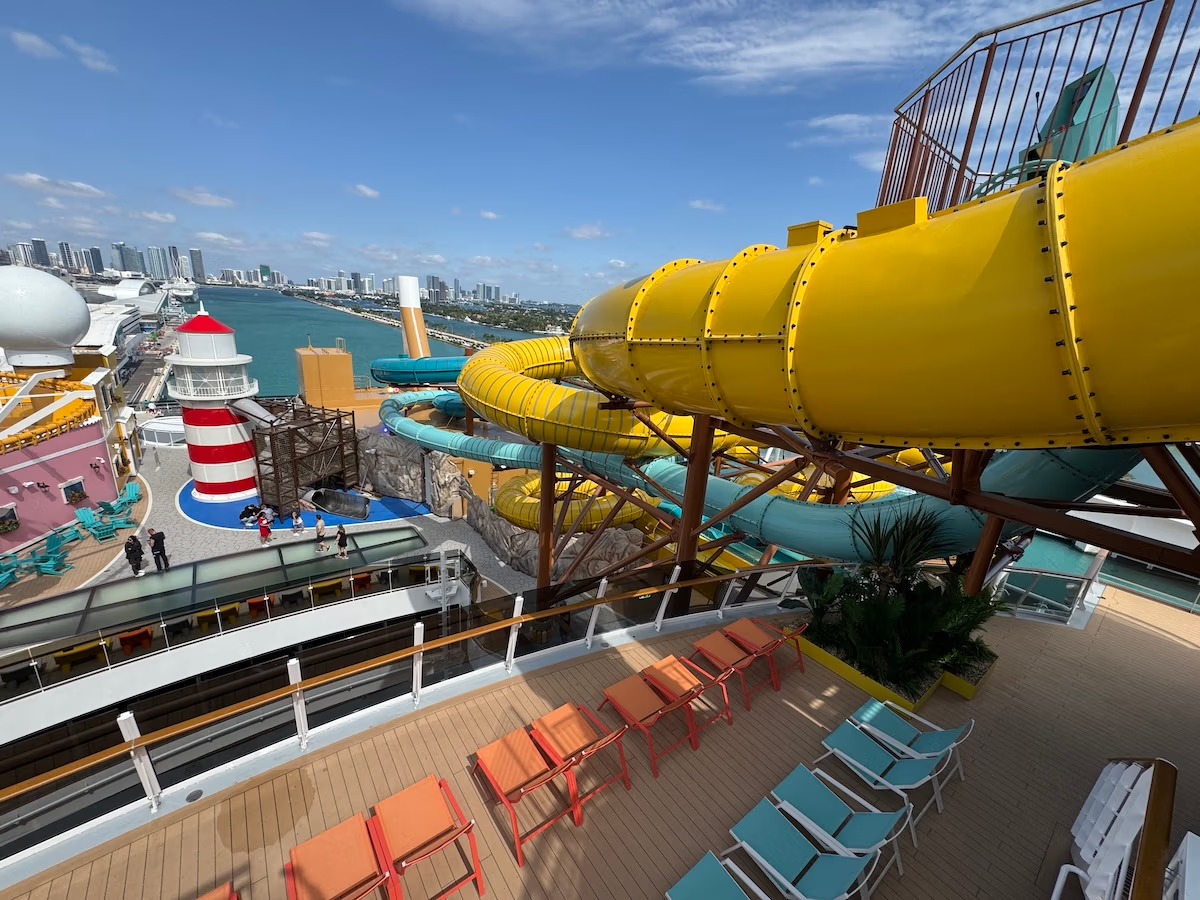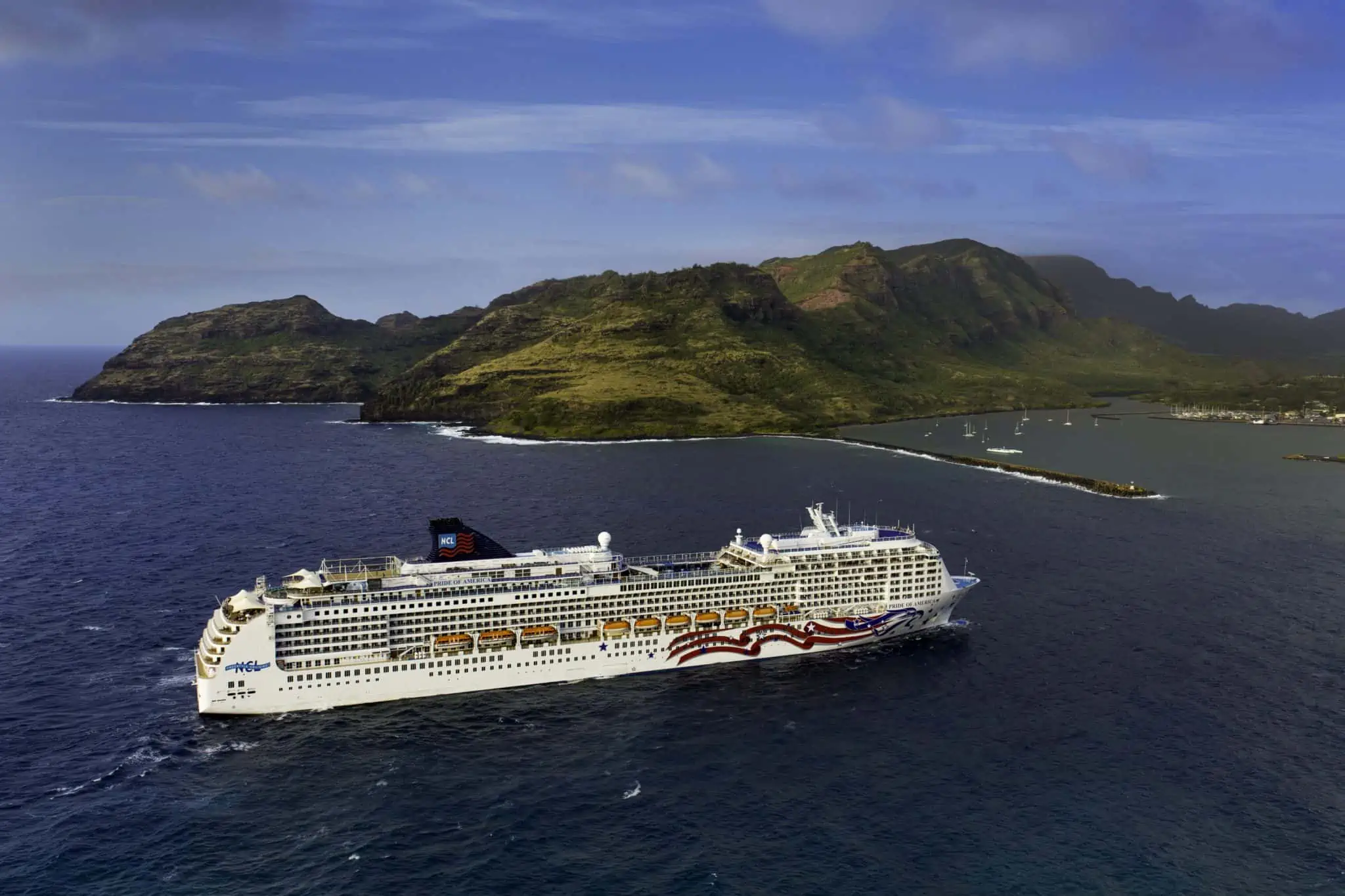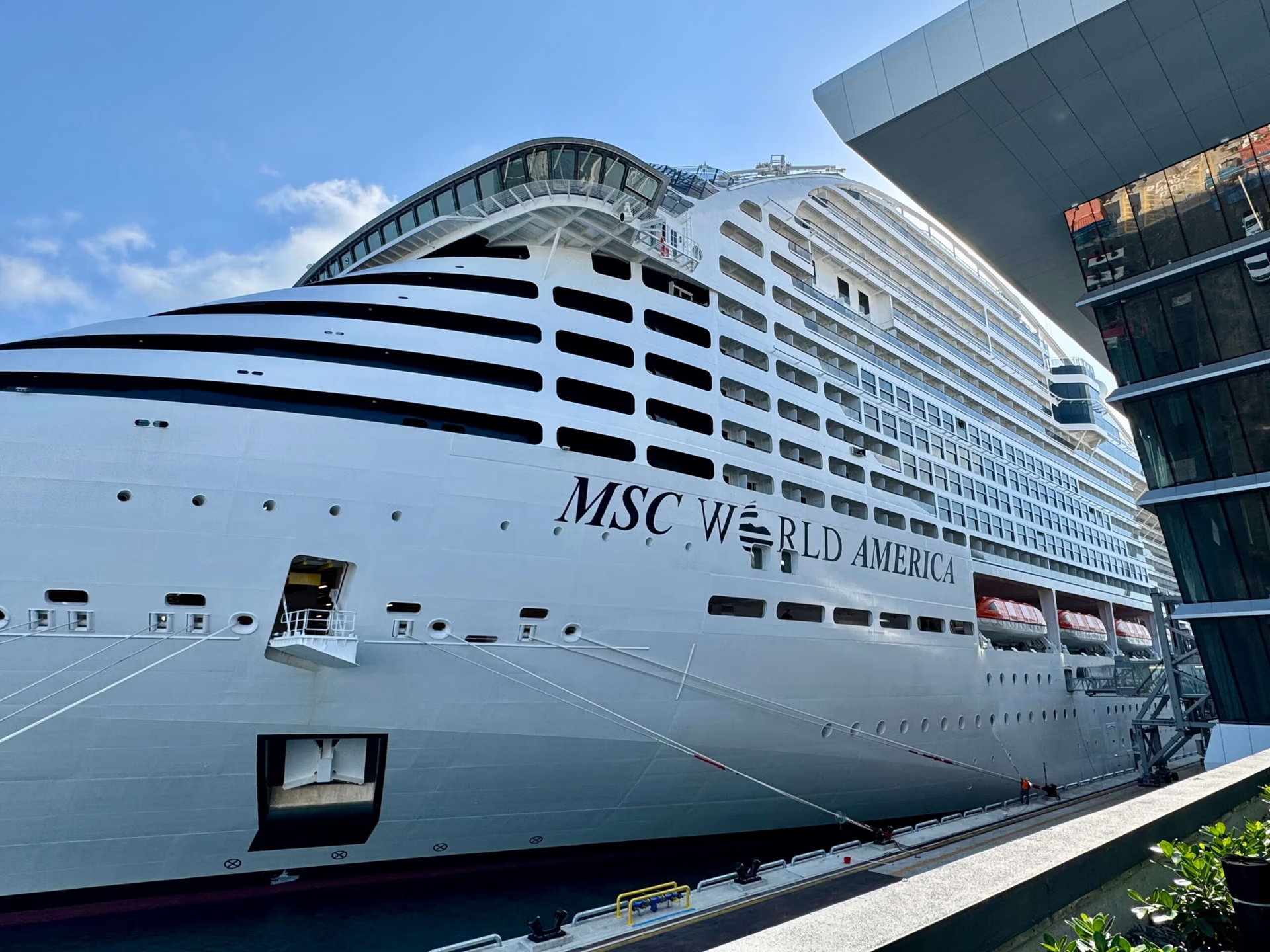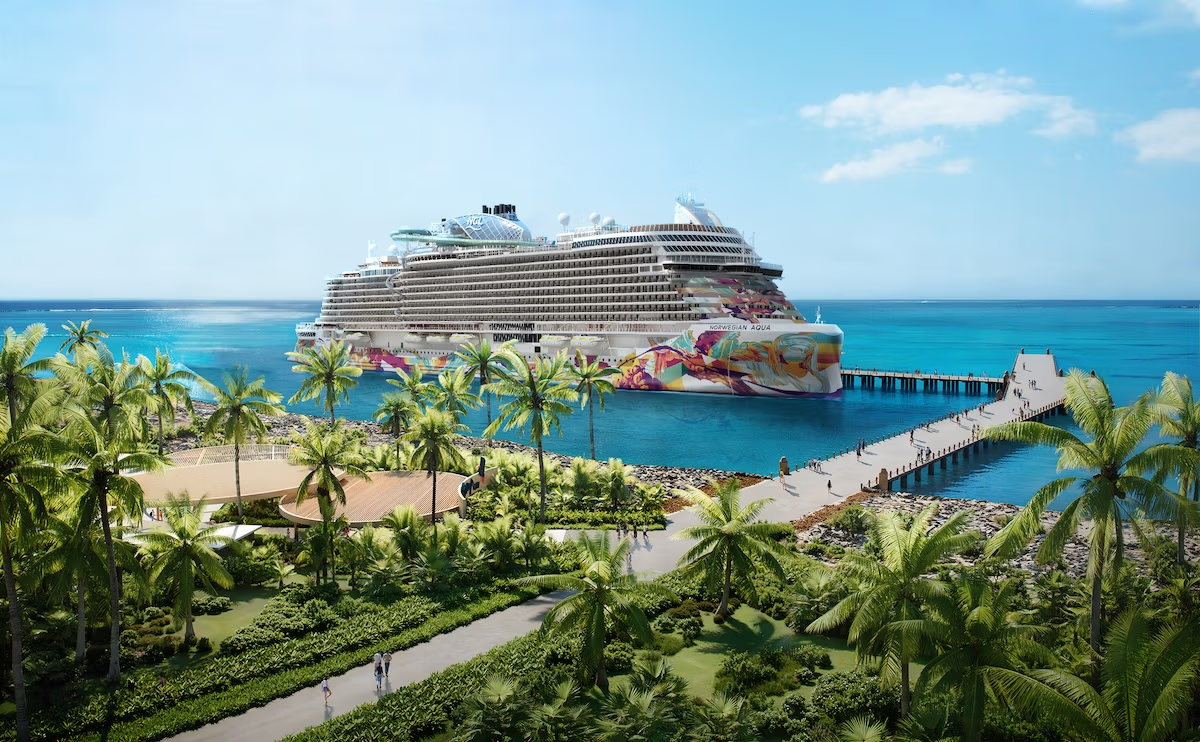Concerns were recently raised when white smoke was seen coming from Norwegian Epic while it was docked in Road Town, Tortola in the British Virgin Islands.
However, government officials have confirmed that the emissions posed no risk to passengers, crew members, or the local community.
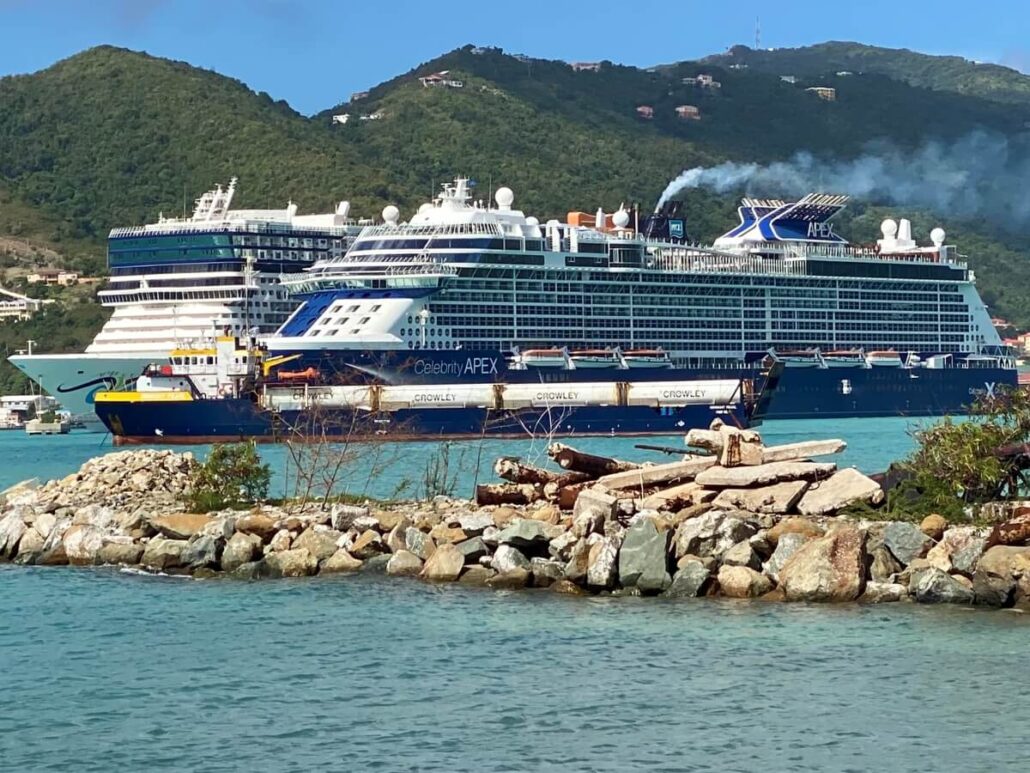
On February 26, the British Virgin Islands’ Ministry of Communications and Works requested an air quality assessment from the Environmental Health Division (EHD).
Officials conducted a thorough evaluation on Norwegian Epic, testing for carbon dioxide, volatile organic compounds, particulate matter, and carbon monoxide.
According to a press release from the government, the results showed that all readings were within normal levels, indicating that air quality was not compromised.
Smoke Primarily Water Vapor
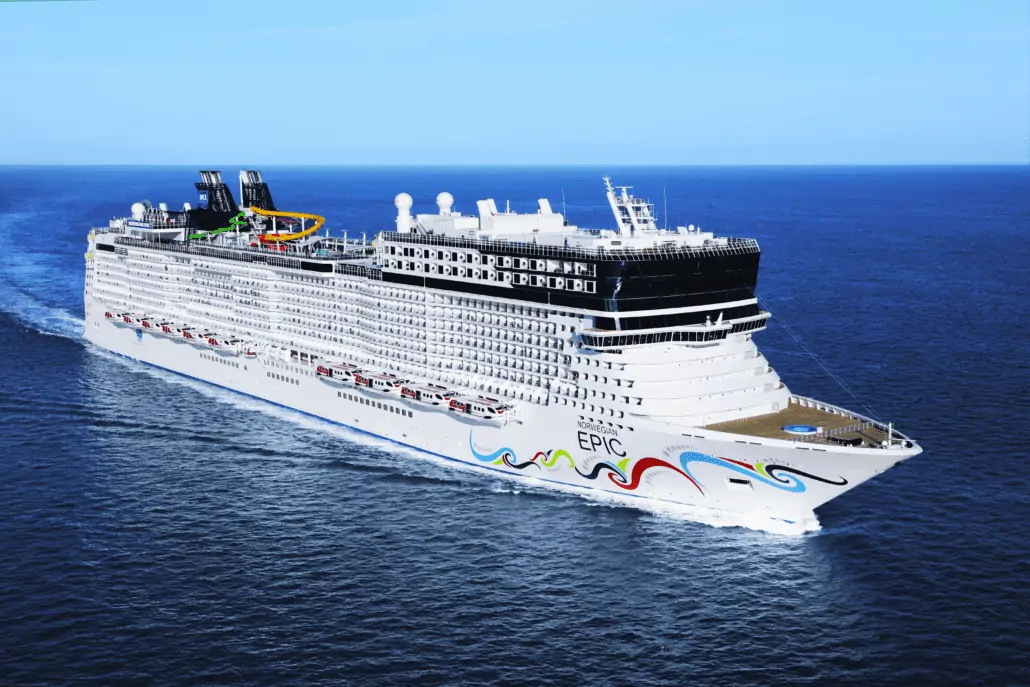
In its report, the EHD reassured the public that the emissions were harmless, explaining, “The visible plume is primarily composed of water vapor, a byproduct of the ship’s Exhaust Gas Cleaning System (EGCS), commonly referred to as scrubbers. This technology is designed to significantly reduce sulfur oxide emissions, ensuring compliance with International Maritime Organization (IMO) standards and MARPOL Annex VI.”
The government agency further noted Norwegian Epic’s full cooperation with the investigation. The vessel’s environmental officer provided relevant documentation, including the EGCS emissions report and Certificate of Conformity, confirming that the vessel met all international environmental standards.
Recommendations for Future Visits
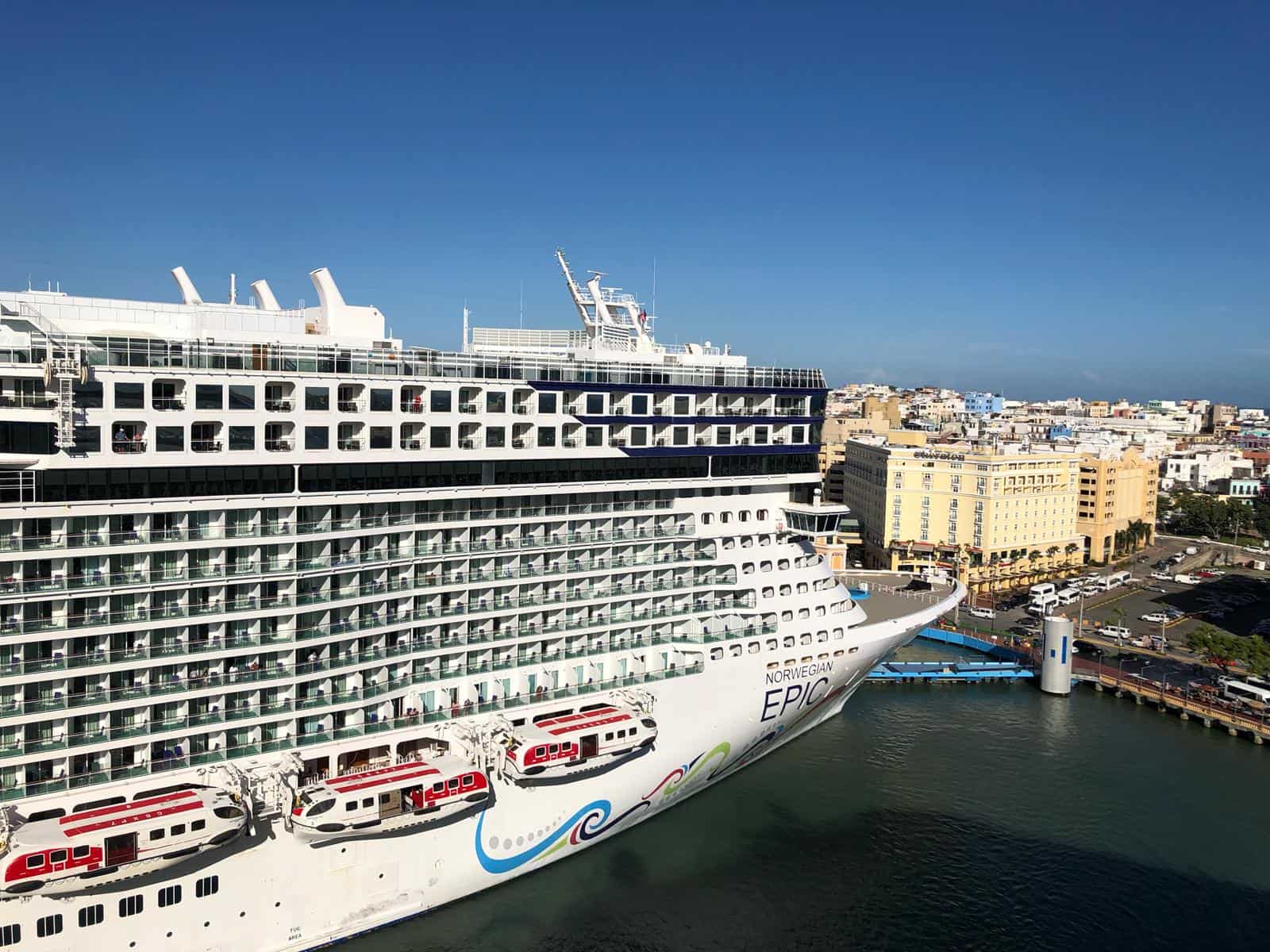
To enhance air quality in Road Town, officials recommended that the Norwegian Cruise Line vessel switch to low-sulfur fuel while docked instead of using scrubbers.
The ship’s Environmental Officer responded positively, indicating plans to transition to marine gas oil within an hour of arrival and revert to its original fuel an hour before departure during future visits.
The EHG’s findings were welcome news to the local residents, who received assurance that environmental regulations are being followed during port calls in the British Virgin Islands.
In March 2024, large clouds of smoke covered the skies near Port Canaveral, Florida, alarming residents. Local authorities later clarified that the smoke was part of a controlled burn at the Merritt Island National Wildlife Refuge, designed to prevent wildfires from spreading.


